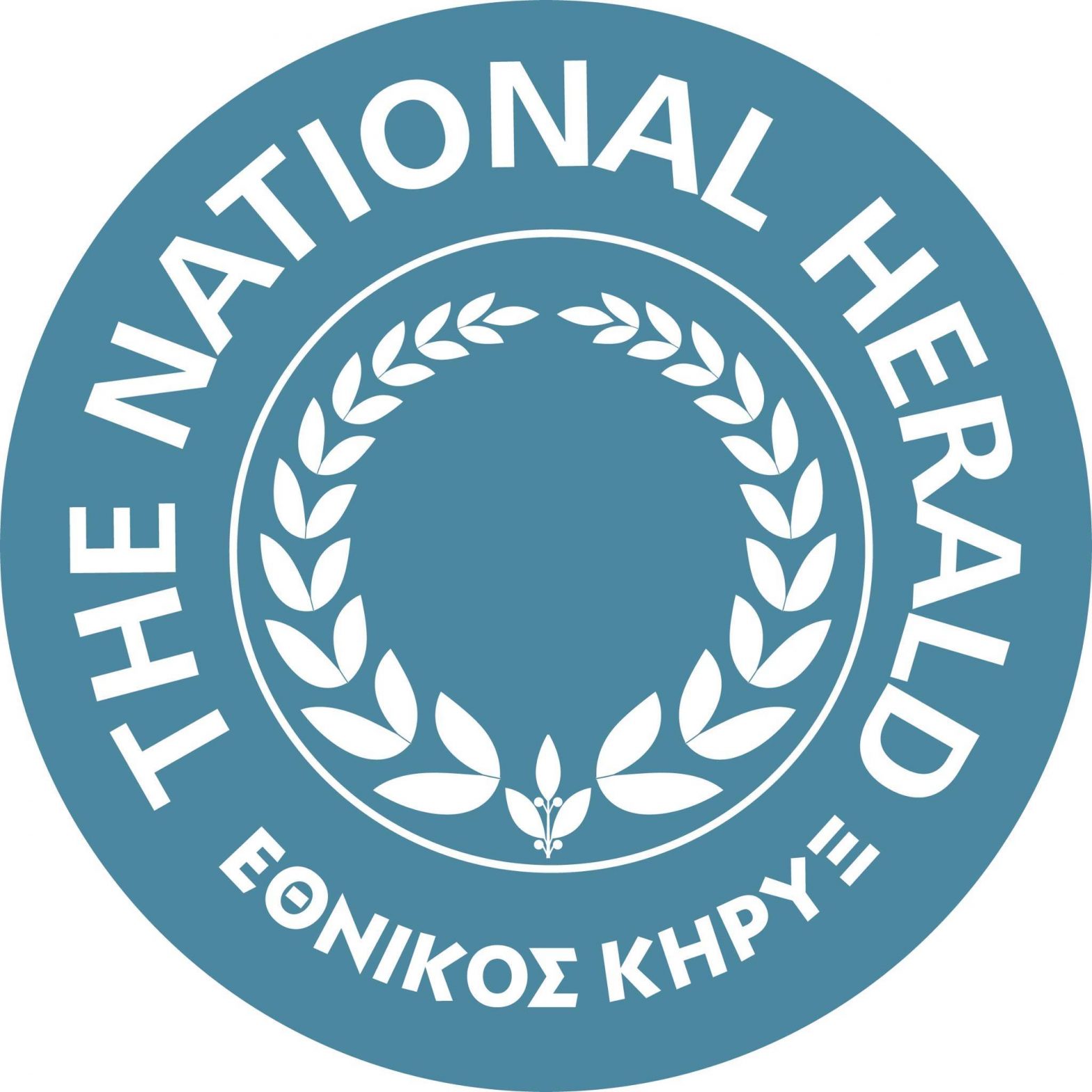General News
Meropi Kyriacou Honored as TNH Educator of the Year
NEW YORK – Meropi Kyriacou, the new Principal of The Cathedral School in Manhattan, was honored as The National Herald’s Educator of the Year.

By Dr. Constantina Michalos
HOUSTON, TX – I recognized Anthony Kouzounis before I sat down to talk with him for this article, but I didn’t actually know him. We met at Niko Niko’s because, even though our Festival had ended a few weeks before, I still craved a gyro. Anthony sipped a glass of water as I picked my way past the onions to the meat. The tzatziki was garlicky enough. I didn’t want to blow him away with onions as well. Tricky food – Greek – if you’re the only one eating.
Anthony began our conversation with a history lesson. On October 22, 1933 a mine exploded in Dawson, NM, killing over 300 workers. Among the dead were 35 Greek immigrants, one of whom was the great-grandfather of an Ahepan. Although it was the second largest mine disaster in American history, I had never heard about it until now. In their memory, and to honor the 100th anniversary of the explosion, AHEPA was hosting a Divine Liturgy in Dawson on October 27.
Two weeks earlier, Anthony was honored at a dinner celebrating his election as Supreme President of AHEPA and commemorating the 90th anniversary of its Houston chapter. The American Hellenic Educational Progressive Association was formed in Houston on July 26, 1922. The founders believed that, through education, Greeks could peacefully combat the prejudices perpetuated by the Ku Klux Klan. Participation in civic projects and promotion of the good of the city would build character and demonstrate that Greek immigrants were also good Americans. Anthony has served as an officer and chairman of various AHEPA committees dedicated to local, national, and international projects for more than 55 years. Sitting face-to-face with him, I heard passion and pride in his voice as he recounted AHEPA’s accomplishments. But I also heard humility as he minimized his role in their execution and success. So, whereas I had thought of AHEPA only as a giant social organization hosting horoesperides, Anthony described the educational, charitable, and cultural projects that enable AHEPA to fulfill its mission.
AHEPA distributes $1 million annually on the chapter, district and national level, based on need as well as merit. But “Hellenic Education” in the name means more than scholarships. Through its sponsorship of lectures and cultural events, AHEPA exemplifies Greek ideals of service and civic pride. Working with HUD, AHEPA owns 240 rental units for senior citizens in Southwest Houston. The Daughters of Penelope sponsor Penelope House, a safe haven for battered women in Mobile, AL, New England, and Greece. Working with the IOCC, AHEPA helps ship 40-cubic-foot containers holding at least $640,000 worth of medical supplies to hospitals in Greece.
These are significant philanthropic programs, but one project stood out to me among the rest: For 26 years, Anthony has chaired The Annual Houston-Athens Marathon Exchange, co-sponsored by the Greek Consulate, The Athens-Houston Marathon Exchange, the Hellenic Cultural Center of the Southwest, and Pappas Restaurants, Inc. The flier reads, “Come Eat a Meal Fit for the Gods. Then Run with Wings on Your Feet Three Days Later.” Three days before the Chevron Houston Marathon in January, runners and their families are invited to the Martel Hall at the Cathedral to feast on pastitsio and baklava. I can’t move just thinking about it. But this is more than a marathon carb load. Two local runners, male and female, who finish the marathon in four hours or under, are randomly selected to participate in the Athens Classic Marathon later that year in Greece. Using the same criteria, Greek runners are introduced to the community at the pastitsio dinner and run in the Houston Marathon. These runners are not only stellar athletes; the cultural exchange and good will they foster cannot be measured.
Anthony’s official biography also lists The Saint Andrew Medal for Community Service, bestowed by Archbishop Iakovos, as his “most coveted award.” When I asked him why it was so important to him, he did not hesitate. “Because it is recognition for what I’ve done for community service.” This is not a medallion that Anthony wears on a daily basis, not even in his official picture. Instead, it symbolizes a scriptural verse that touches his heart and guides his actions: “Verily I say unto you, inasmuch as ye have done it unto one of the least of these my brethren, ye have done it unto me” (Matt. 25:40).
NEW YORK – Meropi Kyriacou, the new Principal of The Cathedral School in Manhattan, was honored as The National Herald’s Educator of the Year.

MELBOURNE, Australia (AP) — More than 100 long-finned pilot whales that beached on the western Australian coast Thursday have returned to sea, while 29 died on the shore, officials said.
ISTANBUL (AP) — A court in Turkey sentenced nine rail officials to more than 108 years' imprisonment over a crash six years ago that killed 25 people, local media reported on Thursday.
MELBOURNE, Australia (AP) — More than 100 long-finned pilot whales that beached on the western Australian coast Thursday have returned to sea, while 29 died on the shore, officials said.
MELBOURNE, Australia (AP) — A Sydney bishop who was stabbed repeatedly in an alleged extremist attack blamed on a teenager has backed X Corp.
NEW YORK (AP) — The New York Knicks know when it's coming.